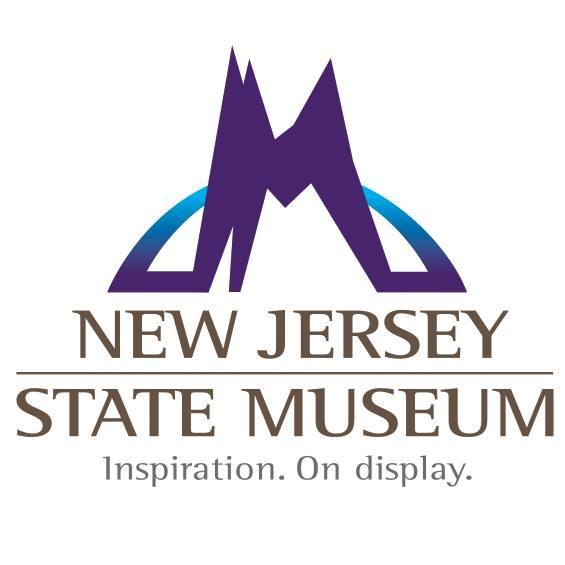On Saturday, March 30th, you are invited to join the New Jersey State Museum for an engaging discussion all about eclipses. The conversation will kick off at 4:15pm at the New Jersey State Museum’s Planetarium, located at 205 W State St, Trenton, NJ 08608. Your host for the afternoon will be Dr. Jacob Hamer, who will be walking guests through the history of humanity’s solar eclipse observations, as well as the science behind this breathtaking phenomena. There is no cost to attend, offering a fun, free, and educational event for the whole family. After the talk has concluded, all guests will receive a free pair of eclipse glasses so they can be prepared when the next solar eclipses dances across our skies.
If you are planning on attending, please register in advanced, linked here: Register – Solar Eclipses. On the registration form, you will need to submit your name, contact information, and the number of seats you would like to reserve for your party. Please note that space is limited, so you will want to be certain to enroll as soon as possible. Guests will walk away from this event with a better understand of how and when solar eclipses occur, why scientists find them fascinating, and why these atmospheric events have captured the attention of humankind for centuries. And this knowledge comes just in time, because a solar eclipse is coming our way in just a couple of weeks!
On Monday, April 8th, residents of the United States will be able to observe a solar eclipse from anywhere in the nation. The solar eclipse will begin its path over the South Pacific Ocean, eventually making its way to its final destination of the Atlantic coast of Newfoundland, CA. During an eclipse, the Moon passes between the Sun and Earth, perfectly blocking the face of the Sun. When this occurs, the sky will darken, and we will have the opportunity to see the Sun’s corona, which is typically covered by the Sun’s bright beams. In order to view a total solar eclipse safely, please be sure to get your hands on a pair of eclipse glasses, which will help to shield your eyes from harmful rays. You can also protect your eyes by equipping a pinhole projector or other indirect viewing methods. No matter where you choose to view this marvel, viewers young and old are certain to be awestruck by this natural wonder.
Guests can learn more about the upcoming conversation by visiting the New Jersey State Museum website, linked here: NJSM – Home. If you have any questions or would like any assistance getting enrolled for this discussion, please contact the NJSM at info.njsm@sos.nj.gov or (609) 292-6464 with any inquiries. You won’t want to be in the dark regarding the upcoming total solar eclipse, so be certain to secure your spot today!






